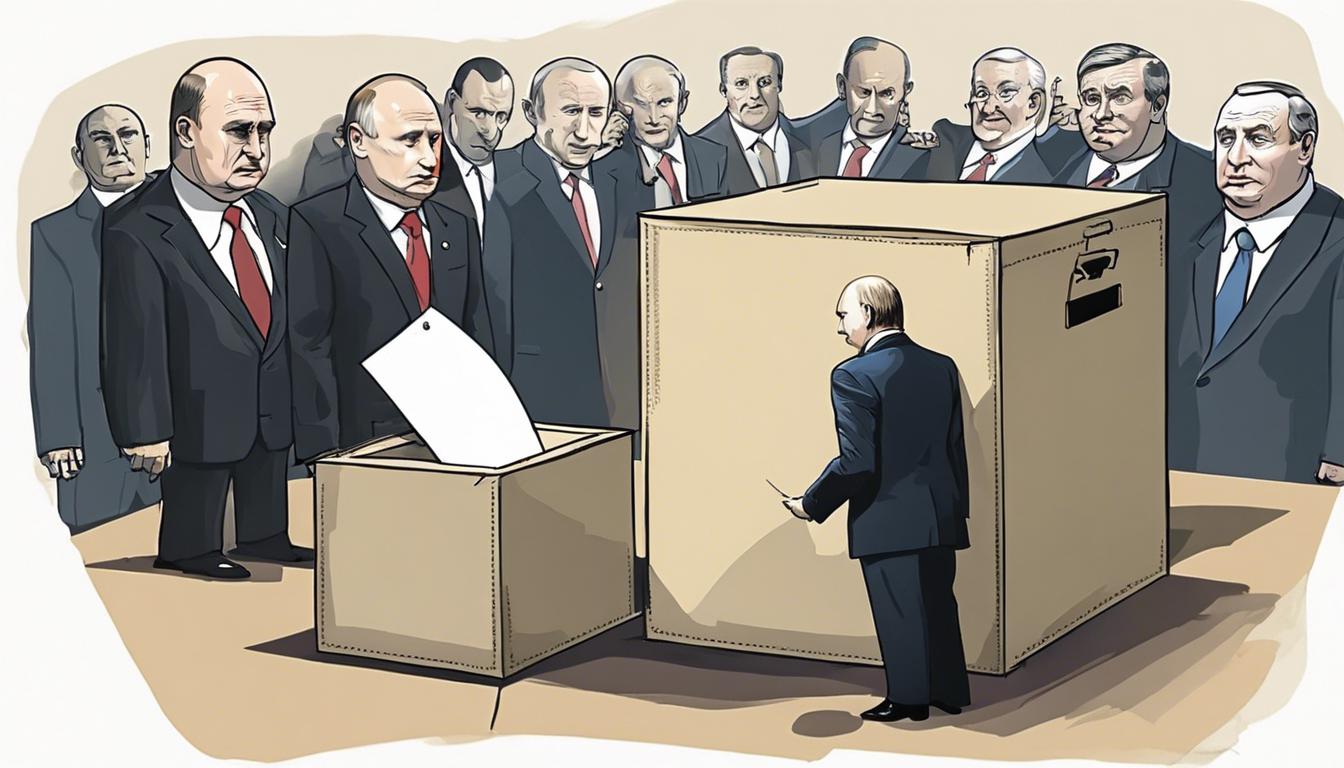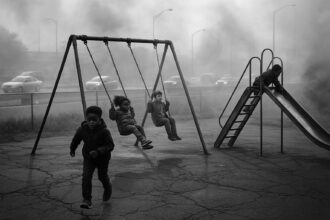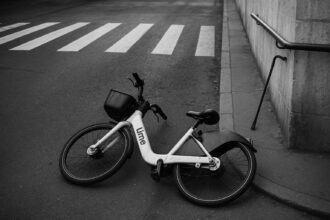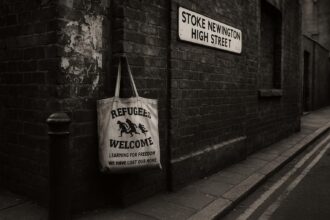Russian President Vladimir Putin gains another term with an overwhelming 87.97% of votes, against a backdrop of allegations of electoral misconduct and international condemnation.
Russian President Vladimir Putin secures a notable victory in the recent presidential election, claiming 87.97% of the votes amid widespread criticism from international leaders and allegations of electoral misconduct. The triumph bestows Putin with an additional six-year term, enhancing his legacy as one of Russia’s most enduring leaders in over two centuries. This event occurred against a backdrop of accusations related to the suppression of political dissent, imprisonment of opposition figures, and constraints on freedom of expression.
Global reaction to the election outcome has been largely critical. The White House, European Union, and other international figures have denounced the electoral process as flawed, with the Ukrainian President Volodymyr Zelensky advocating for Putin’s trial in The Hague. Germany’s Foreign Ministry and the UK’s Foreign Office have also expressed their disapproval, highlighting concerns over censorship, violence, and the questionable legitimacy of conducting elections on Ukrainian soil.
In a separate but related development, Russian expatriates residing in the UK and other countries demonstrated their discontent with Putin’s regime by participating in voting at the Russian Embassy in London and engaging in the ‘Noon against Putin’ protests. Despite some expatriates showing support for Ukraine, the palpable atmosphere of skepticism regarding the election’s fairness was evident. Notably, British Ambassador to the OSCE, Neil Holland, condemned the Russian election as a sham, emphasizing the UK’s refusal to acknowledge the vote’s outcome as legitimate.
Moreover, the internal strife within Russia has been underscored by the actions of football hooligans affiliated with groups such as the Russian Volunteer Corps and Freedom for Russia. These incidents, occurring near the Ukrainian border, highlight the challenges faced by Putin’s administration in maintaining stability. Despite the intention of these groups to overthrow Putin, their far-right ideologies and connections to neo-Nazism complicate their position within the broader political struggle in Russia.
These events collectively portray a period of significant political turmoil and dissent both within Russia and internationally, with numerous voices raising concerns about democracy, freedom, and fairness in the context of Putin’s continued dominance in Russian politics.













